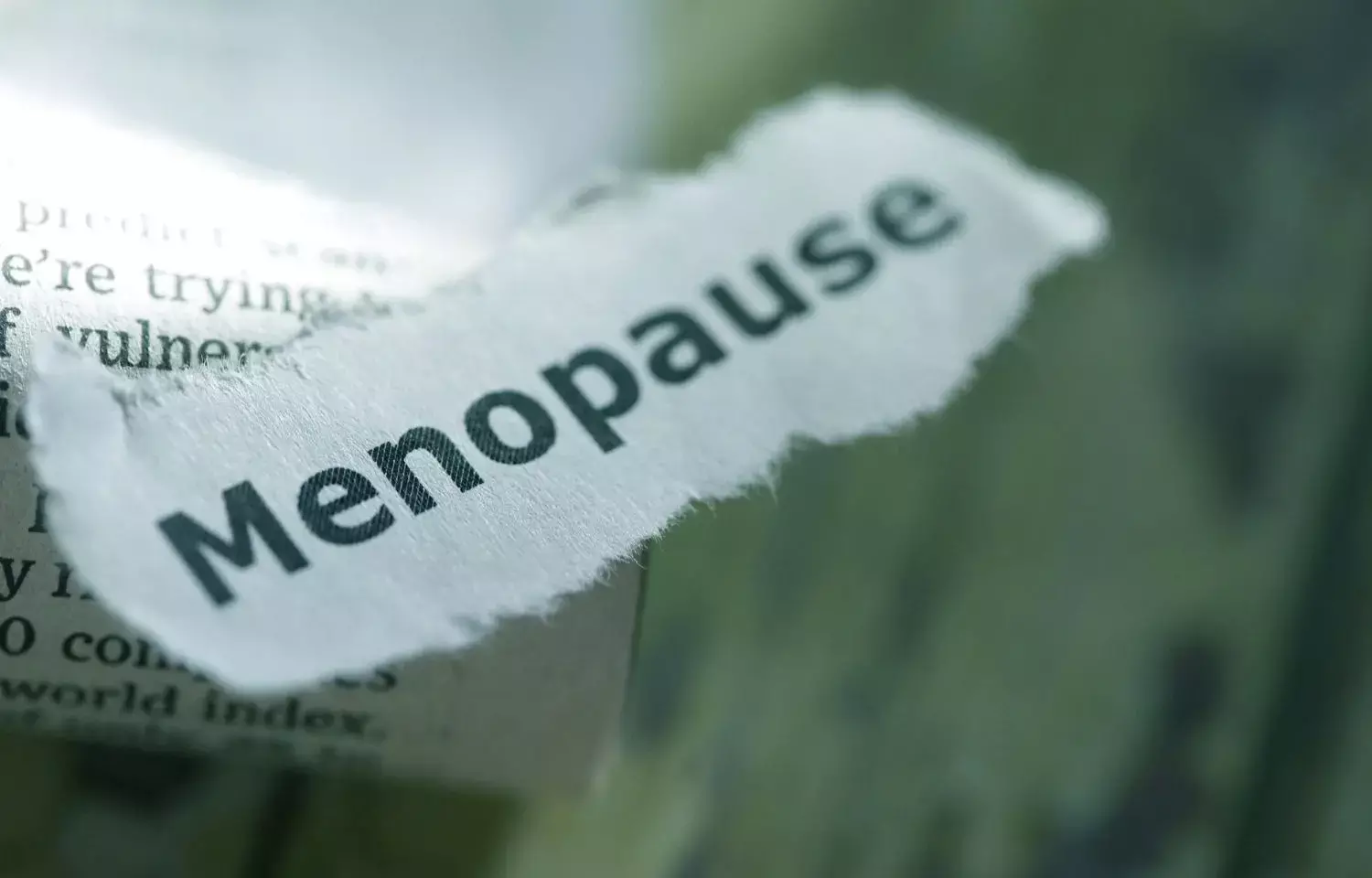- Home
- Medical news & Guidelines
- Anesthesiology
- Cardiology and CTVS
- Critical Care
- Dentistry
- Dermatology
- Diabetes and Endocrinology
- ENT
- Gastroenterology
- Medicine
- Nephrology
- Neurology
- Obstretics-Gynaecology
- Oncology
- Ophthalmology
- Orthopaedics
- Pediatrics-Neonatology
- Psychiatry
- Pulmonology
- Radiology
- Surgery
- Urology
- Laboratory Medicine
- Diet
- Nursing
- Paramedical
- Physiotherapy
- Health news
- Fact Check
- Bone Health Fact Check
- Brain Health Fact Check
- Cancer Related Fact Check
- Child Care Fact Check
- Dental and oral health fact check
- Diabetes and metabolic health fact check
- Diet and Nutrition Fact Check
- Eye and ENT Care Fact Check
- Fitness fact check
- Gut health fact check
- Heart health fact check
- Kidney health fact check
- Medical education fact check
- Men's health fact check
- Respiratory fact check
- Skin and hair care fact check
- Vaccine and Immunization fact check
- Women's health fact check
- AYUSH
- State News
- Andaman and Nicobar Islands
- Andhra Pradesh
- Arunachal Pradesh
- Assam
- Bihar
- Chandigarh
- Chattisgarh
- Dadra and Nagar Haveli
- Daman and Diu
- Delhi
- Goa
- Gujarat
- Haryana
- Himachal Pradesh
- Jammu & Kashmir
- Jharkhand
- Karnataka
- Kerala
- Ladakh
- Lakshadweep
- Madhya Pradesh
- Maharashtra
- Manipur
- Meghalaya
- Mizoram
- Nagaland
- Odisha
- Puducherry
- Punjab
- Rajasthan
- Sikkim
- Tamil Nadu
- Telangana
- Tripura
- Uttar Pradesh
- Uttrakhand
- West Bengal
- Medical Education
- Industry
Study Explores Impact of Urogenital Symptoms on Female Sexual Health in perimenopausal phase

Sexual well-being plays a crucial role in the overall health of menopausal women. As women age and go through menopause, they often experience reduced sexual activity, lower arousal and desire, and increased vaginal dryness and painful intercourse. Recent study aimed to explore the relationship between urogenital symptom frequency and severity, perception of vaginal treatment burden, and female sexual desire, arousal, and satisfaction. The researchers conducted a cross-sectional study with 326 patients from three tertiary care hospitals in the United Arab Emirates.
The study assessed the frequency and severity of urogenital symptoms, emotional and physical functioning, and treatment burden using validated questionnaires. Partial least squares-structural equation modeling was used to examine the mediating roles of emotional and physical functioning, as well as the perceived treatment burden, on sexual functioning.
The results showed that urogenital symptom burden and perceived treatment burden did not have a direct effect on sexual functioning. However, the relationships were mediated through emotional and physical functioning. Specifically, urogenital symptom burden significantly predicted poorer emotional and physical functioning, which in turn negatively impacted sexual functioning. Similarly, perceived treatment burden predicted poorer emotional and physical functioning, which then led to lower sexual desire, arousal, and satisfaction.
Conclusion and Implications
The findings emphasize the importance of addressing emotional well-being in managing urogenital symptoms and the emotional factors associated with the use of vaginal treatments. The study provides valuable insights into the complex interconnections between urogenital symptoms, treatment burden, emotional and physical functioning, and various aspects of sexual health among peri- and postmenopausal women. Recognizing the magnitude of these impacts can help healthcare providers deliver more targeted interventions that address the specific needs of each patient.
Key Points
1. The study explored the relationship between urogenital symptom frequency and severity, perception of vaginal treatment burden, and female sexual desire, arousal, and satisfaction.
2. The researchers conducted a cross-sectional study with 326 patients from three tertiary care hospitals in the United Arab Emirates.
3. The study assessed the frequency and severity of urogenital symptoms, emotional and physical functioning, and treatment burden using validated questionnaires. Partial least squares-structural equation modeling was used to examine the mediating roles of emotional and physical functioning, as well as the perceived treatment burden, on sexual functioning.
4. The results showed that urogenital symptom burden and perceived treatment burden did not have a direct effect on sexual functioning. However, the relationships were mediated through emotional and physical functioning. Specifically, urogenital symptom burden and perceived treatment burden significantly predicted poorer emotional and physical functioning, which in turn negatively impacted sexual functioning.
5. The findings emphasize the importance of addressing emotional well-being in managing urogenital symptoms and the emotional factors associated with the use of vaginal treatments.
6. The study provides valuable insights into the complex interconnections between urogenital symptoms, treatment burden, emotional and physical functioning, and various aspects of sexual health among peri- and postmenopausal women. Recognizing the magnitude of these impacts can help healthcare providers deliver more targeted interventions that address the specific needs of each patient.
Reference –
Mohammed M Hassanein et al. (2024). The Impact Of Perceived Vaginal And Urinary Symptoms And Treatment Burden In Predicting Sexual Functioning Among Perimenopausal And Postmenopausal Women.. *International Journal Of Gynaecology And Obstetrics: The Official Organ Of The International Federation Of Gynaecology And Obstetrics*. https://doi.org/10.1002/ijgo.15736
Dr Kamal Kant Kohli-MBBS, DTCD- a chest specialist with more than 30 years of practice and a flair for writing clinical articles, Dr Kamal Kant Kohli joined Medical Dialogues as a Chief Editor of Medical News. Besides writing articles, as an editor, he proofreads and verifies all the medical content published on Medical Dialogues including those coming from journals, studies,medical conferences,guidelines etc. Email: drkohli@medicaldialogues.in. Contact no. 011-43720751


